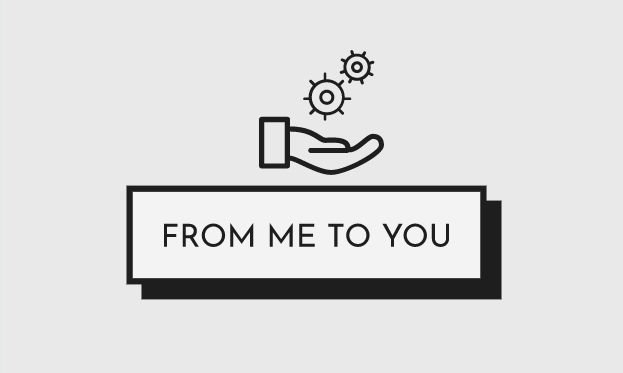To fail is to feel pain. Failure is excruciating upon first encounter, and it does not get much easier as the mistakes stack up. But, as painful as it is to fail, whether making a mistake or not making the grade, it is one of the best teachers you will ever have. Without failure, there would be little joy when you reach success.
Failure and making mistakes are a part of life, and there is little that can be done in terms of avoiding both altogether. Instead of attempting to avoid failure or mistakes, we should rather embrace them and use them to the best of our abilities.
There is an overall fear of failure or messing up, and it comes from our urge to not be embarrassed and to be the greatest we can be. But if we wish to be the greatest, and we are bound to be embarrassed anyway, we should not be afraid. You can have as many fears as you want, but you should never allow them to influence your decisions.
There is a reason Franklin Roosevelt said, “the only thing to fear is fear itself”: because once we commit to doing an action, the fear disappears, and we feel silly for ever thinking the activity we are doing was ever something to fear. Learn to control how you react to fear. If it is no longer a factor, then there is nothing stopping you.
After failing, or making a mistake, it is important that we acknowledge what happened and what part we had to play in it. If we brush it off, then we cannot begin to learn from what occurred. Always learn from your mistakes. Your biggest failures can be your biggest mentors if you take the time to learn from them. It is also important to know how to learn from them in the first place: if you don’t know how, you won’t try. You first must look at what caused the failure and move on from there.
In a Rhodes College article published by Peer Coach Rachel Fox, Fox remarks, “after figuring out what caused the failure, learn how to prevent it from happening again. Make a game plan and execute it. If it was a failed test or assignment, try out new study techniques. If it was an interview, try a different tactic next time.”
It is imperative that we actively take the steps needed to gain knowledge from every mistake, even if it is not our own. In doing so, not only will we make fewer mistakes, but when they do occur, they will be lesser ones committed.
We are not limited to our own shortcomings —everyone has bad days and messes up —and it is then our opportunity to learn from it. By knowing what not to do ahead of time from others, we can save ourselves some time and pain in the future.
Failure also helps you make adjustments to your daily life. Should you wait to make a presentation or do a paper at the last minute, you will learn that the overall quality goes down with less time spent. With a lower quality, you will get a lower grade on your presentation or paper. You will then know that action must be taken; in this case, give more time to the assignment and don’t rush it at the last minute.
Learning from your failures can lead to learning from everything. It seems very simple, and it is: don’t fear failure and learn from it when it happens.
Evan Brooks is a third-year Business Management major with minors in Economics and Civil and Professional Leadership. EB0916132@wcupa.edu

